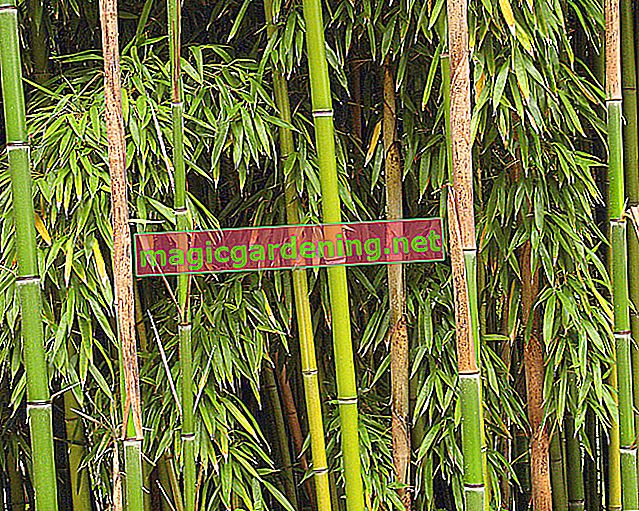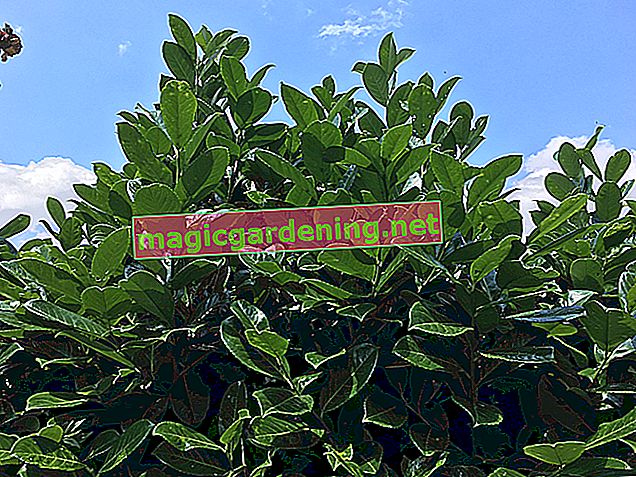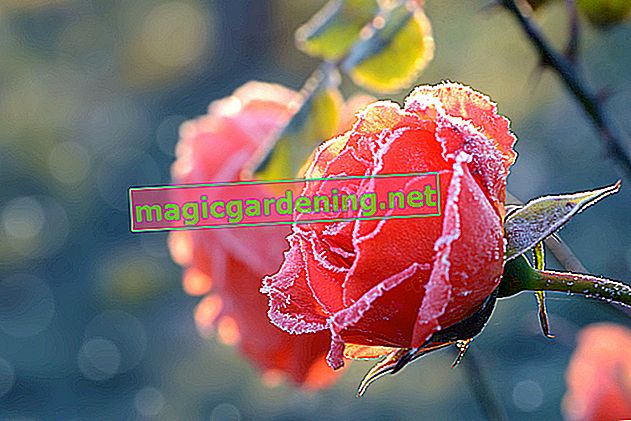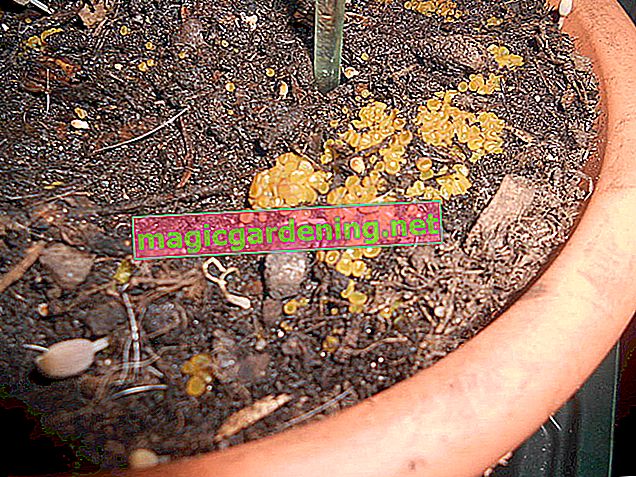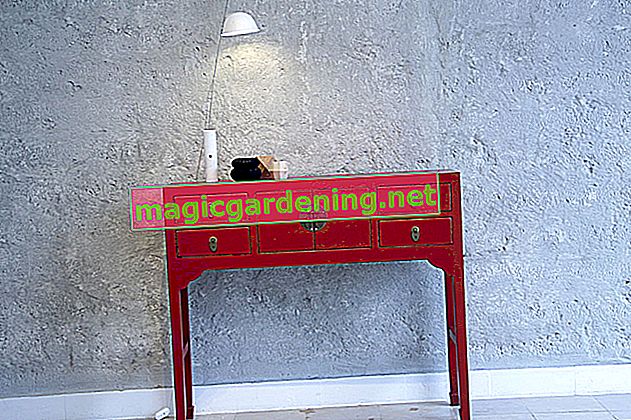
Lemons need a lot of light
One of the main problems is the lemon tree's immense need for light - especially in winter. Lemons come from the subtropics, where it is warm and humid all year round and the sun always shines. If the lemon tree is in the apartment, it needs a light location, if possible right next to a large window facing south. A place in a sunny winter garden is also ideal. When there is a lack of light, the tree often sheds leaves or these remain quite pale in color. If you have the impression that your tree is not getting enough light, you should install an additional plant lamp (€ 28.43 on Amazon *).
also read
- Can a lemon tree feel good in Germany?
- Lemon tree only grows quickly in good conditions
- Is the Christmas rose suitable as a houseplant?
Lack of light even in a bright apartment
The lack of light is particularly problematic in winter, because on the one hand the wintry hours of sunshine cannot cover the light requirements of the plant and on the other hand the little light is additionally filtered through window panes. What seems light to us humans can already be far too dark for a lemon tree.
Dry air attracts pests
Furthermore, the humidity in the apartment is usually too low, which in turn attracts pests such as spider mites or scale insects. You can increase the humidity by regularly spraying the lemon tree all around with water and ventilating it often. Make sure, however, that the plant is not in a draft; lemons don't like that at all.
Pour lemons properly
In terms of water requirements, the lemon tree is a real mimosa: it neither likes too much water nor too little. You should absolutely avoid waterlogging, otherwise the roots can rot. It is best to proceed as follows when pouring:
- Only use lime-free water such as water for watering. B. Rainwater.
- If you don't have this at hand, leave tap water to stand for a few days - the limescale will settle on the bottom.
- The right time for watering has come when the substrate has dried on the surface (finger test!).
- Now pour so hard that the water flows out of the holes at the bottom of the pot.
- Regularly check coasters and planters for excess water and remove it.
- Add a nitrogenous liquid fertilizer to the irrigation water every two to three weeks.
Tips & Tricks
In summer lemons are best kept in a light, sheltered location in the garden, on the terrace or on the balcony.

